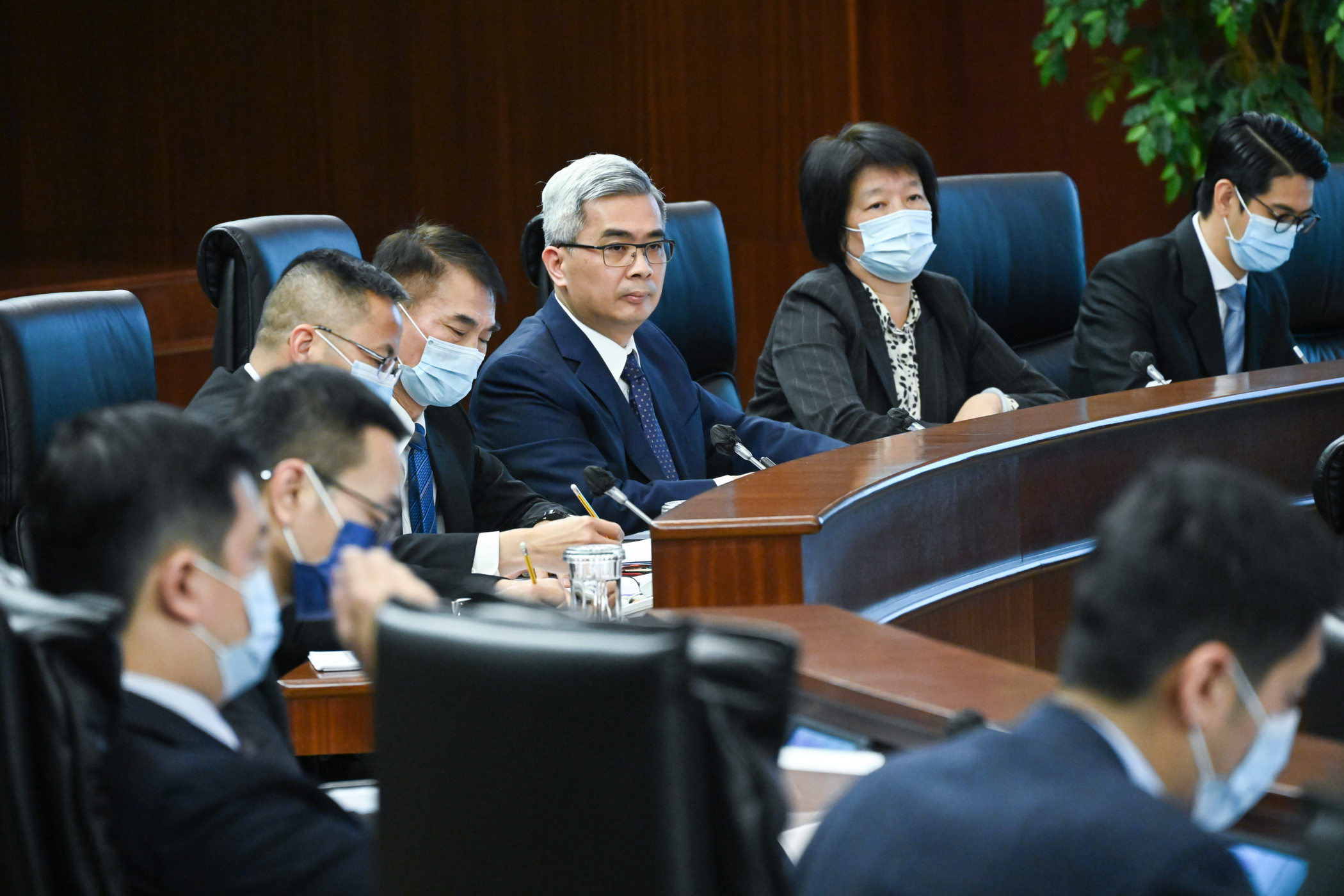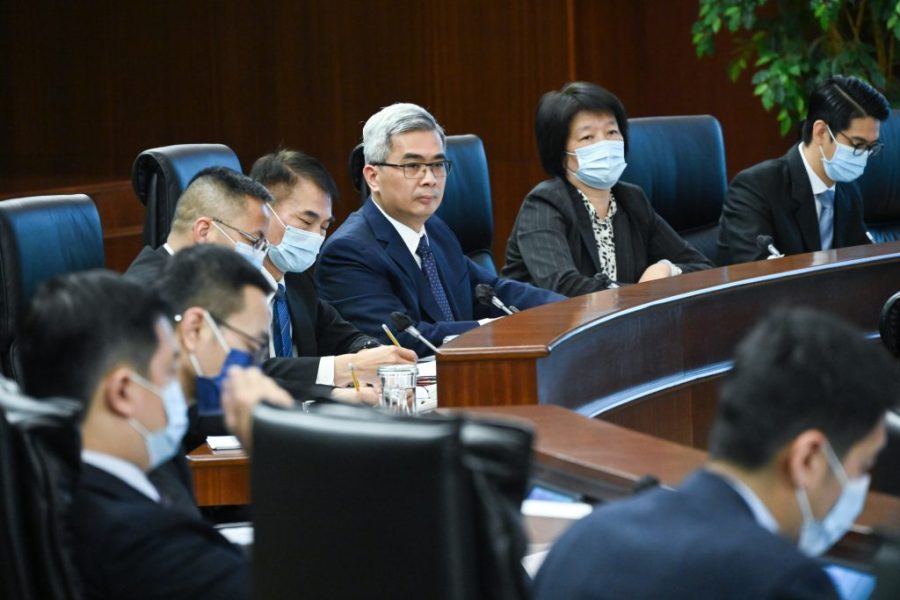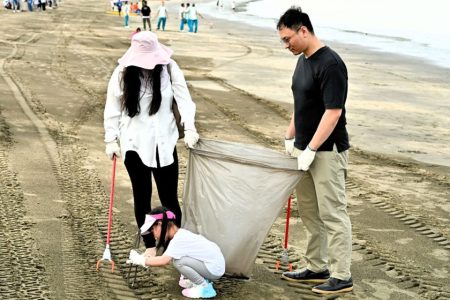The government is cracking down on fraudsters who arrange sham marriages, bogus adoptions and fake employment.
The Legislative Assembly (AL) has passed outline immigration, stay and residency bill, which proposes a new category of crime for such chicanery.
Introducing the outline of the bill during a plenary session in the legislature’s hemicycle on Monday, Secretary for Security Wong Sio Chak said that it proposes to criminalise fraudulent activities aimed at obtaining a residency or special stay permit from the local authorities, namely sham marriage, bogus adoption and fake employment. Offenders will face a prison term of between two and eight years.
Macao’s immigration, stay and residency system is currently regulated by two laws enacted in 2003 and 2004 respectively along with two administrative regulations (by-laws) promulgated in 2003. The 2003 law specifies the general principles and rules for immigration and non-locals’ stay and residency matters, while the 2004 law lists the rules concerning illegal immigration, overstaying and deportation. The two administrative regulations specify detailed rules for the enforcement of the 2003 immigration law.
The government proposes that the immigration, stay and residency bill will replace the two existing immigration and residency-related laws and the two by-laws. The bill will now be submitted to one of the legislature’s standing committees for review before it is resubmitted to another plenary session for its second and final debate and vote. After the bill is passed by the legislature in its second and final reading in the future, the government is slated to draft and announce a number of supplementary administrative regulations for the enforcement of the future new immigration, stay and residency law.
Wong noted that the police can currently only take criminal action against those involved in fake marriages based on the document forgery charge listed in the existing law on illegal immigration, overstaying and deportation – according to which the offender faces a prison term of between two and eight years, as there is no corresponding sham marriage offence in the local legal system.
Wong added that currently, it is difficult for the police to ensure that suspects involved in fake marriages will be found guilty of a document forgery charge by the courts “due to the different understanding of fake marriage cases by different prosecutors and judges”. “[Currently] it is unlikely that they [suspects involved in fake marriages] will be found guilty [of a document forgery charge],” Wong said.
The bill clearly states that sham marriage, bogus adoption and fake employment will constitute criminal offences, because of which it would be easier to find those involved in such fraudulent activities guilty in the future.
According to Wong, the bill also proposes that the city’s hotels and guesthouses will be required to provide the immigration authorities with the check-in and check-out information of their non-local guests aged at least 16 within 24 hours of checking-in and after checking-out, except non-resident workers and those holding special stay permits.
According to Wong, the bill also proposes the collection and verification of non-locals’ biometric data by Macao’s immigration authorities, with the aim of making it easier for immigration officers to detect those attempting to enter the city with a false identity.
(The Macau Post Daily/Macao News)






